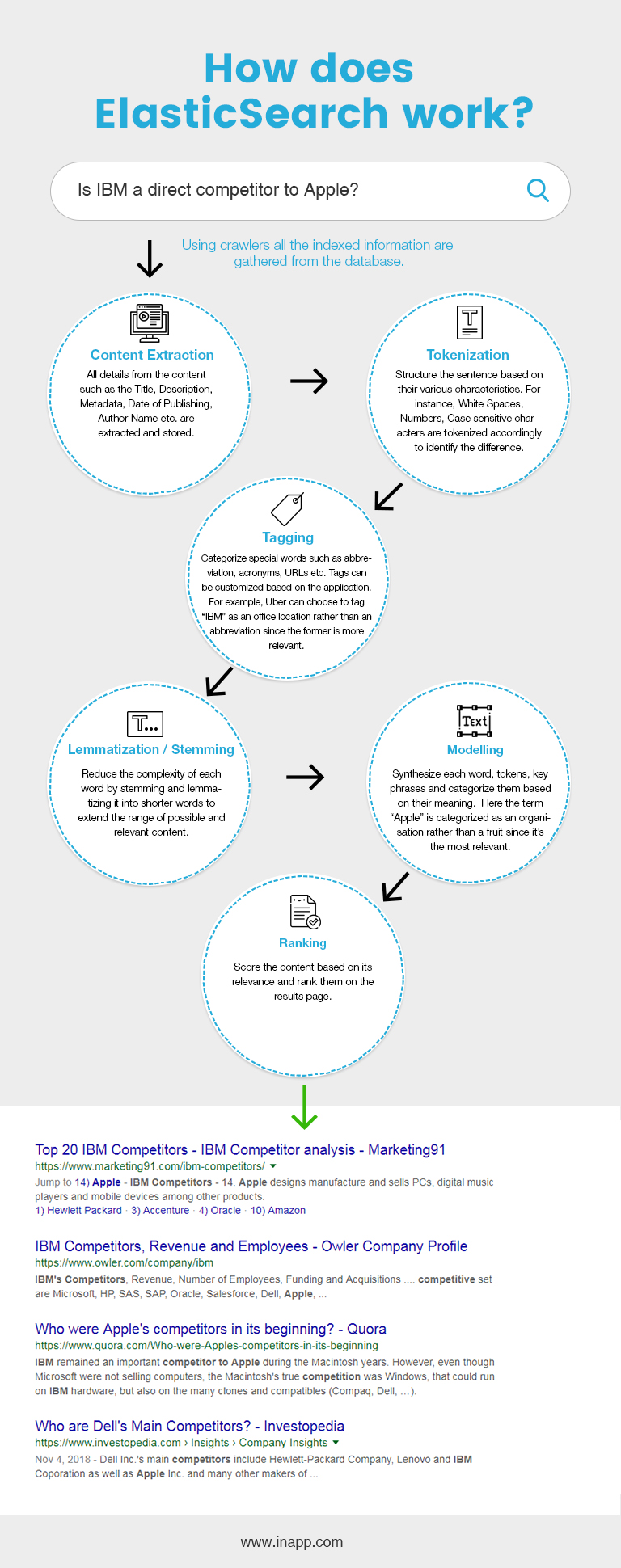Natural Language Processing (NLP) has evolved greatly over recent years and it’s being widely used to understand and analyze human communication. Combined with Deep Learning, technology can categorize a user’s interest based on their language. For instance, when a foreign user updates a post in their native language, Facebook presents it with a “Translate” option for non-native speakers. Another great example of NLP in action is the voice assistants such as Alexa and Google Home. They have the ability to create a voice profile of the owner and can tell the difference between them and any newcomers. NLP helps these devices in identifying the language, slang, and sentence formation of each individual to differentiate between users.
NLP is not just limited to voice assistants; it has several exciting potentials in multiple areas. used in more areas of interest than just as a voice assistant. Companies such as Airbnb and Uber use NLP in their search engine to enrich the user experience and narrow down the search results. ElasticSearch and Apache Solr are some of the most advanced search engines that make use of NLP by performing deep analysis of key phrases to understand the query better. For example, when the search engine encounters the word “ASCII”, NLP helps in identifying it as an Acronym which in turn optimizes the search results by arranging the desired information first.

